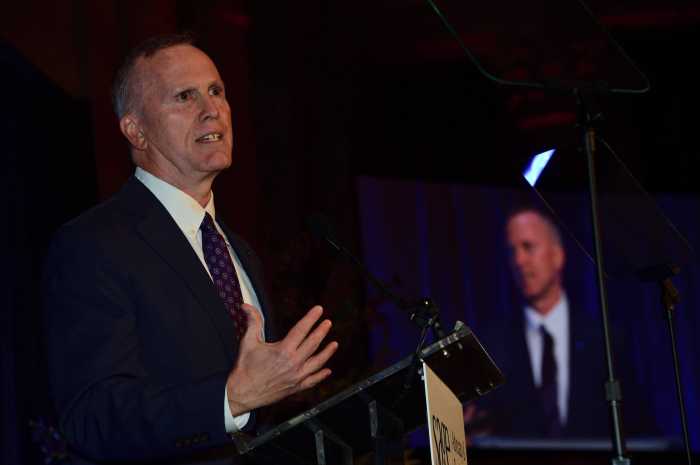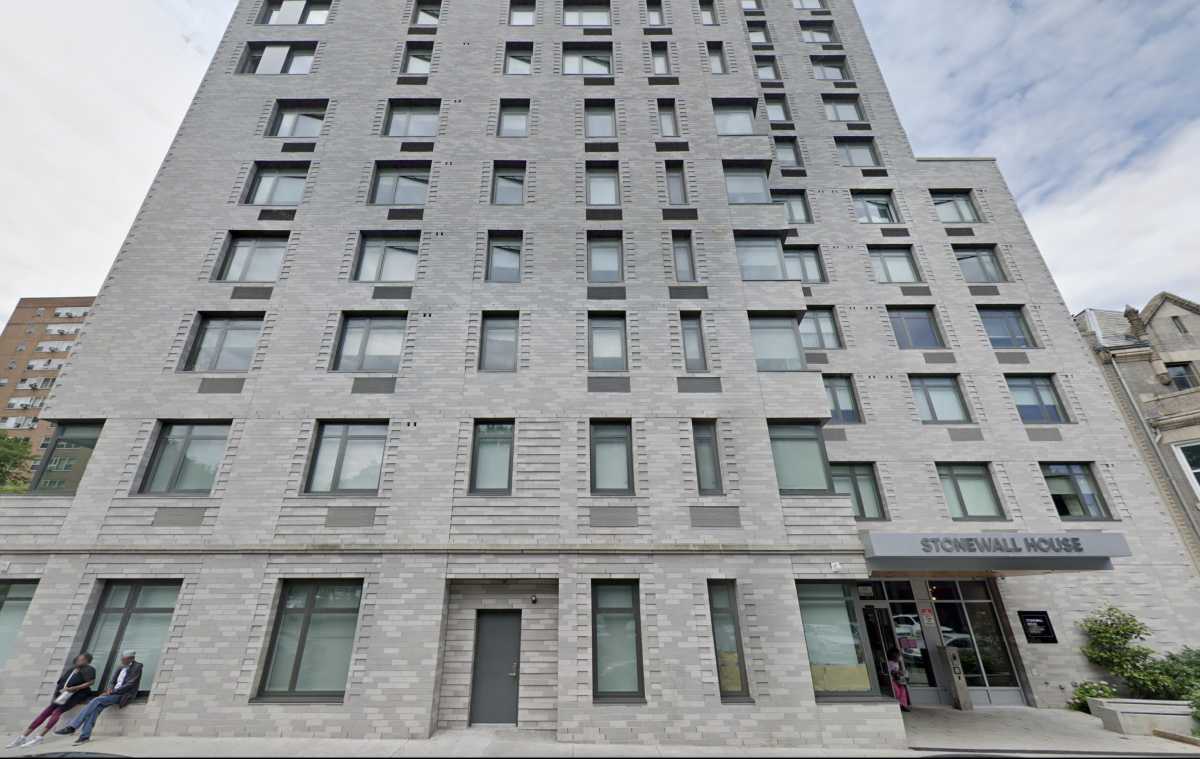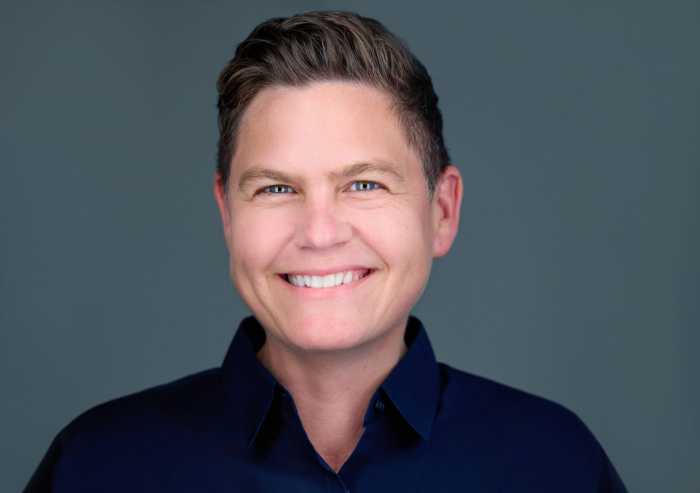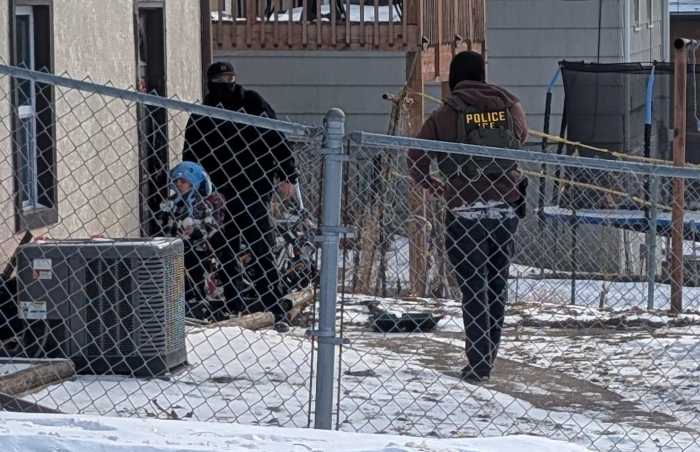A new report published on May 4 brings attention to some of the most pressing housing affordability issues facing LGBTQ older adults and offers potential solutions to address those problems in the future.
The Milken Institute and Advocacy and Services for LGBTQ+ Elders (SAGE), both headquartered in New York City, teamed up to embark on a research initiative from September of last year to February of this year to learn more about the housing landscape for queer older adults with a goal of exploring sustainable solutions for LGBTQ individuals who are aging with fixed incomes.
The research coincides with data indicating that the population of older adults is expected to grow significantly, and that includes LGBTQ older adults. While Gallup’s 2024 survey found that there are at least 1.1 million LGBTQ older adults, experts predict that there will be seven million LGBTQ older adults by 2030.
Despite that, 40% of LGBTQ older adults live below the federal poverty line, which is $15,560 for an annual income for a single individual, leaving many housing options out of reach for those individuals. Furthermore, just under half of LGBTQ older adults — 49% — own their own homes, which is far lower than the national average of 65%.
Some progress has been made in New York, where SAGE opened Stonewall House, a 17-story residence for LGBTQ older adults in the Fort Greene section of Brooklyn, in 2019. Another New York City-based LGBTQ-friendly housing environment for older adults is Crotona Pride House in the Bronx. In 2021, officials held a ribbon-cutting to announce the opening of an LGBTQ-inclusive senior housing complex in Bay Shore, Long Island.
On a broader level, however, there are few options. There were only approximately 1,500 LGBTQ-affirming and affordable housing units throughout 20 states as of 2023, according to the report.
“This report offers innovative strategies to address the acute housing needs that LGBTQ+ elders face,” SAGE CEO Michael Adams said in a written statement. “LGBTQ+ older people struggle with many barriers to affordable housing, including fixed incomes, isolation from family of origin, and discrimination from staff and other residents. By following the Milken Institute’s expert recommendations, housing providers can leverage new streams of capital that will make creating affordable LGBTQ+-affirming elder housing both possible and sustainable.”

The first idea is to issue social bonds to fund LGBTQ-affirming and affordable housing or services. Emphasizing the uncertainty surrounding federal funding, the report suggests state-based bond programs — debt securities by governments, agencies, or corporations — that could start as a pilot program in one or two LGBTQ-friendly states.
One example of this is the Portland Housing Bureau’s state-issued bond initiative, which raised $258 million to pave the way for 1,300 affordable housing units, the report said.
The report offers a potential step-by-step pathway to achieve the goal in a given state. Under the scenario posed in the report, a state could issue a $500 million bond to support services for LGBTQ older adults in elder housing. Bond investors could then purchase the bond, offering “upfront capital for LGBTQ+ elder housing developments,” the report states. From there, affordable housing developers can integrate the services and programs.
The second solution is to create an impact investment fund, which essentially involves blending commercial capital with below-market rate capital from foundations and philanthropic sources to create a lower-risk model with lower costs for the operators of affordable housing for older adults.
“Unlike traditional investment vehicles, which prioritize high, short-term financial returns, impact investment incorporates concessionary capital, meaning investors accept lower financial returns (in many forms that include longer and more flexible repayment periods, lower interest rates, or a partial guarantee) in exchange for measurable social benefits,” the report notes.
The third solution offered by the report entails a “pay-for-performance” model under which private investors could cover the costs of LGBTQ-specific services in an elder housing environment that would be repaid by an “outcome payer” such as an insurance company, state health agency, or philanthropic group — as long as pre-established goals are met.
The fourth idea presented by the report calls to establish an LGBTQ elder housing prize in an effort to support those who are providing effective services for older adults. Funded through foundations and LGBTQ-friendly state grants, such a prize could reward prize winners with incentives, including access to new markets or flexible financing. As an example, the report mentions that an engineering firm could receive a prize for creating prefabricated homes or other projects to easily convert housing into age-friendly and affirming spaces.
The final recommendation in the report is to find new sources of private funding, including through private equity firms already experienced in investing in elder care models. Suggested strategies to engage with financial institutions include allocating a portion of their profits to a pooled fund that supports LGBTQ services or partnering with LGBTQ employee resource groups that could sponsor programs to improve the well-being of queer older adults.
“The epidemic of housing insecurity faced by LGBTQ+ Americans is an issue that requires a comprehensive approach, one that taps into the creativity and resources of the financial sector, corporations, and philanthropists,” Richard Ditizio, CEO of the Milken Institute, said in a written statement. “Our new report, created in partnership with SAGE, highlights the many hurdles faced by this community, and the approaches necessary to drive toward lasting solutions.”

































